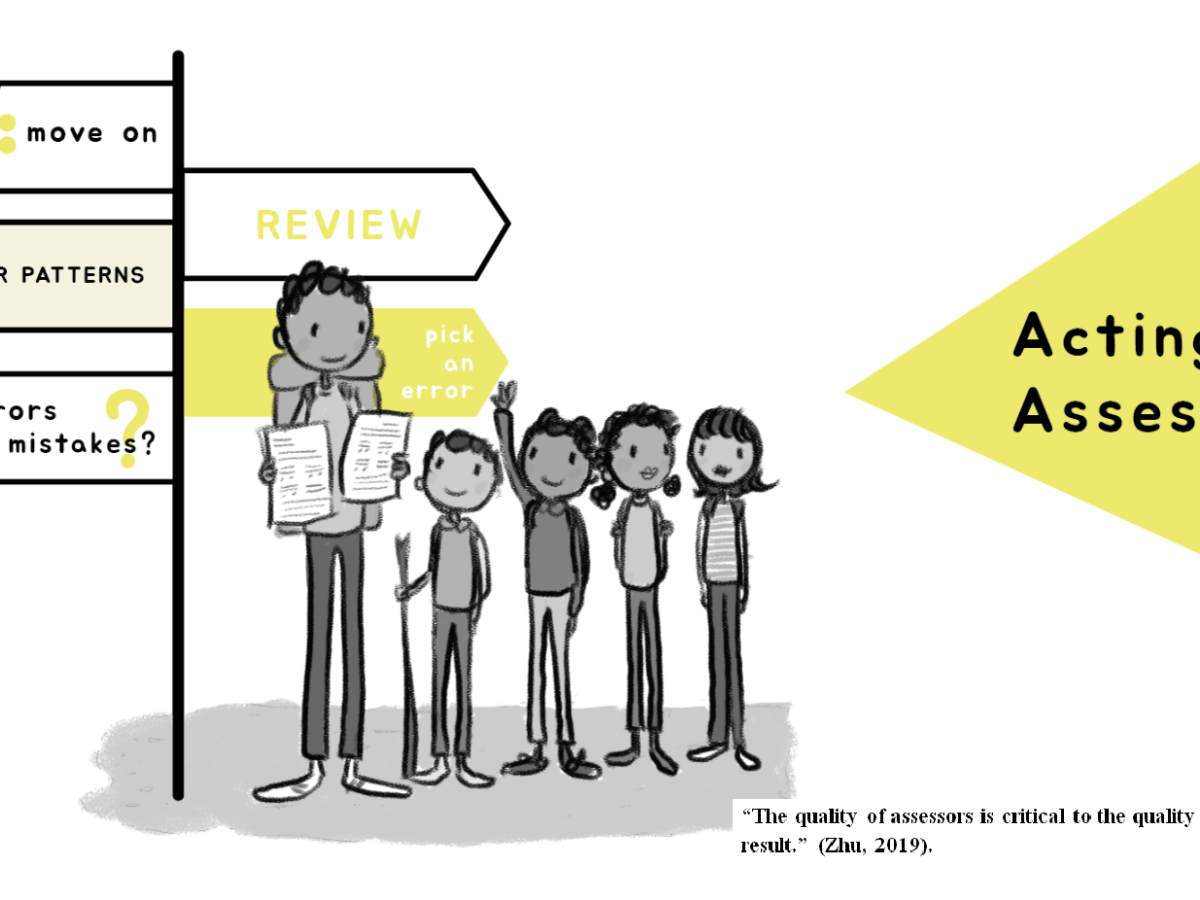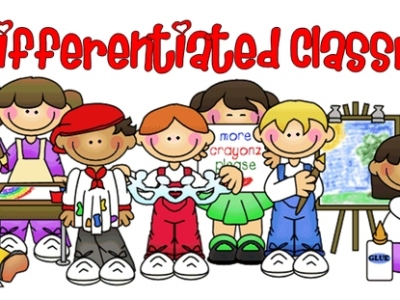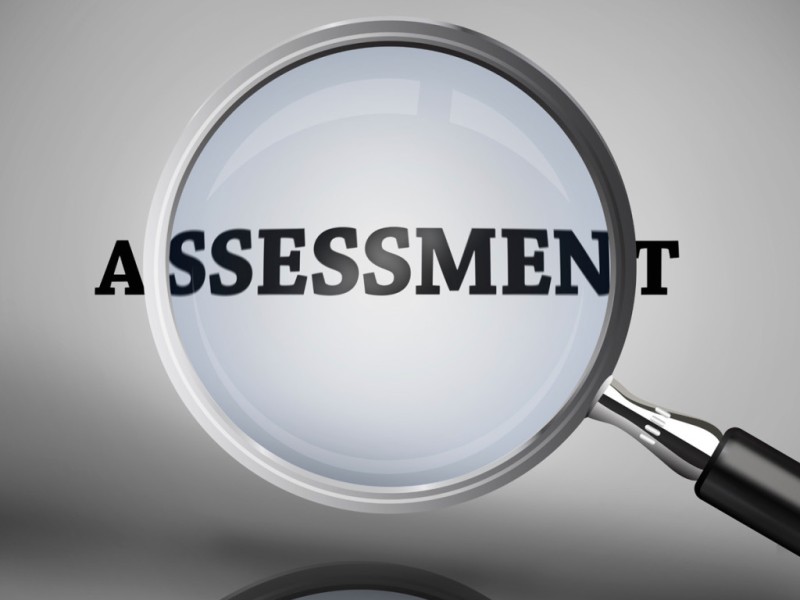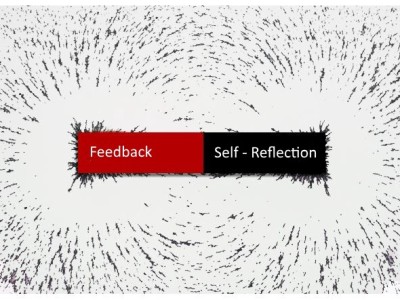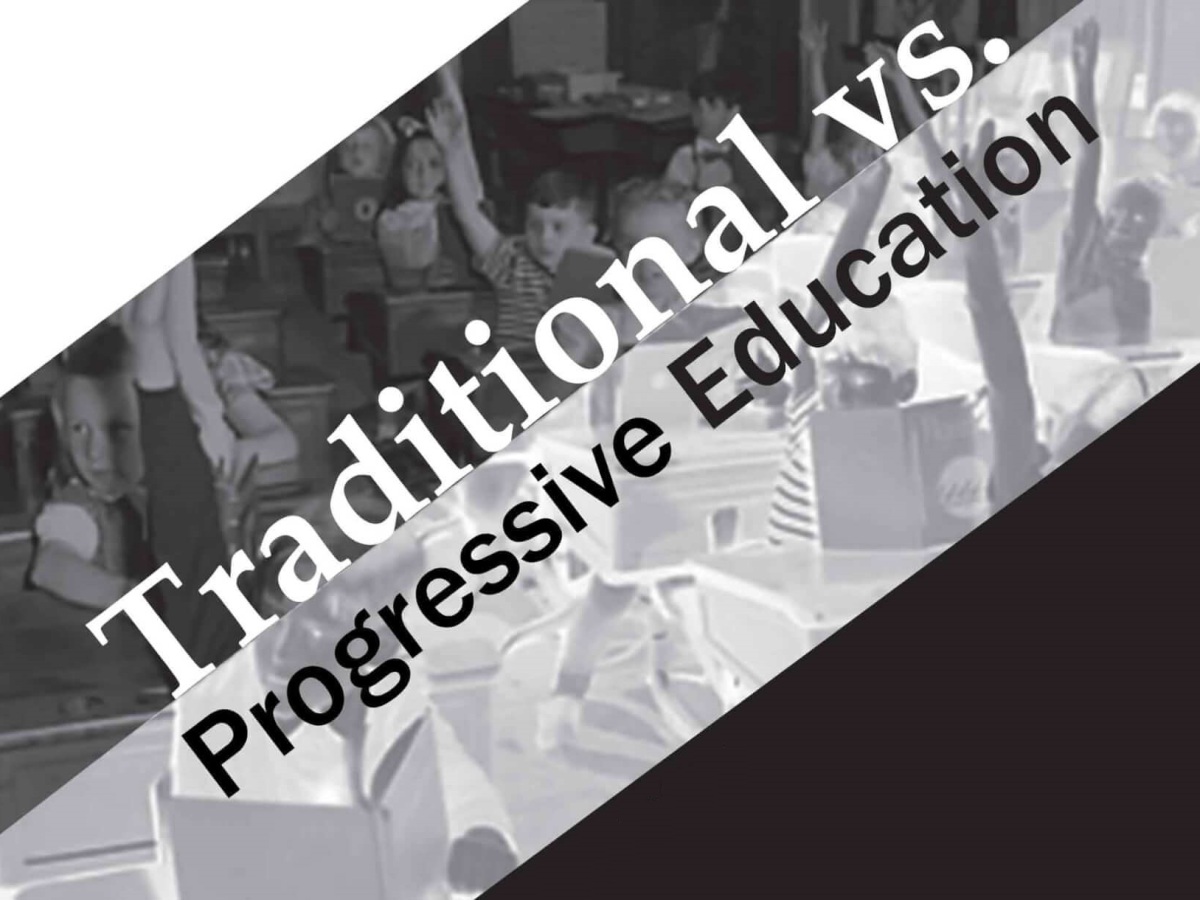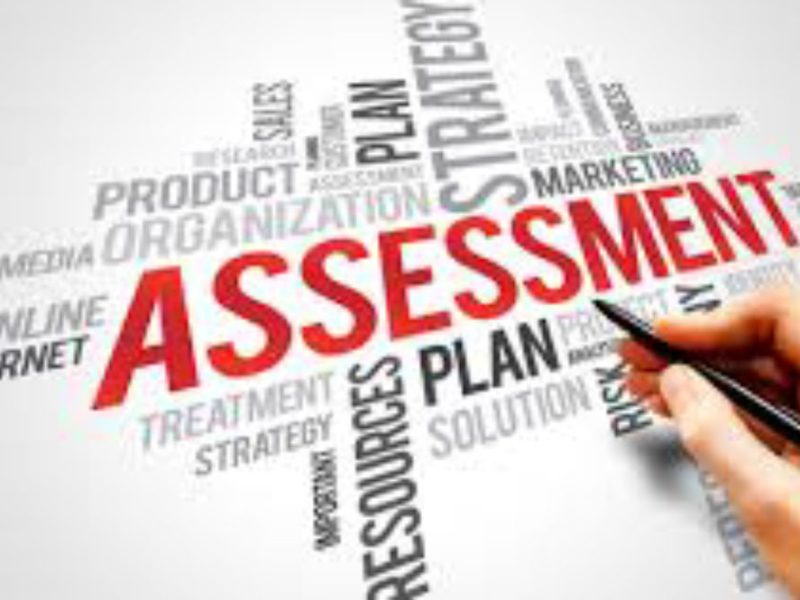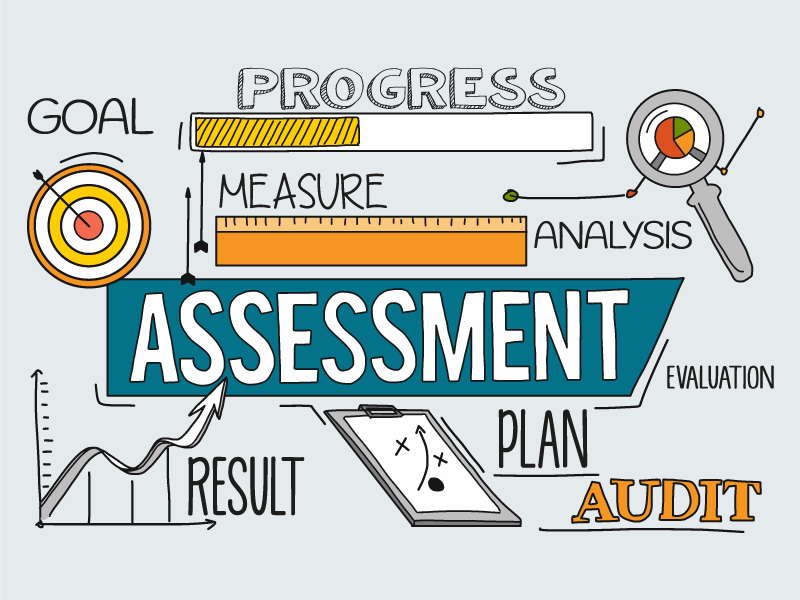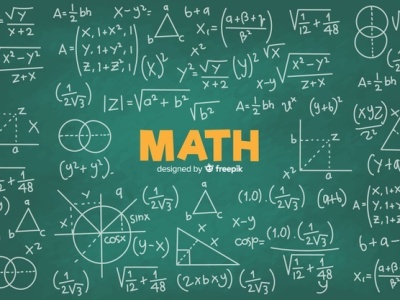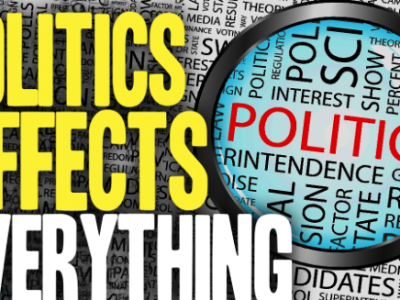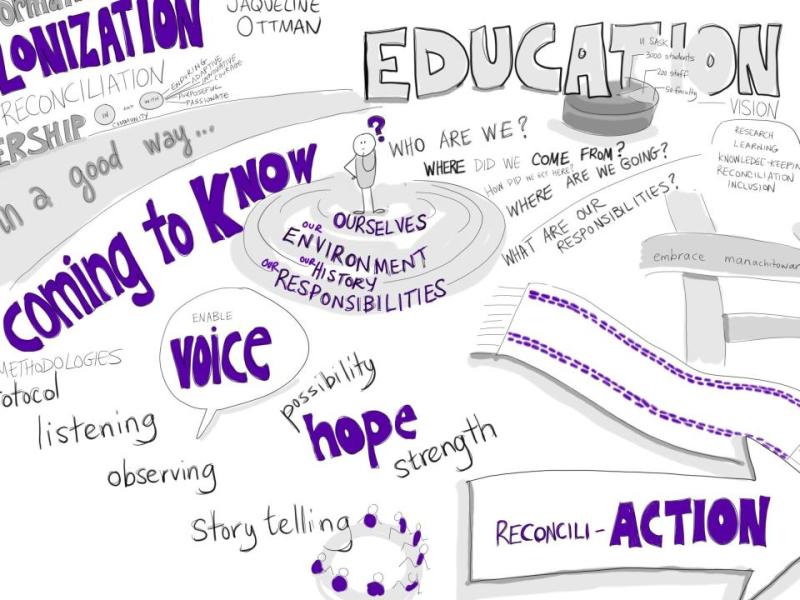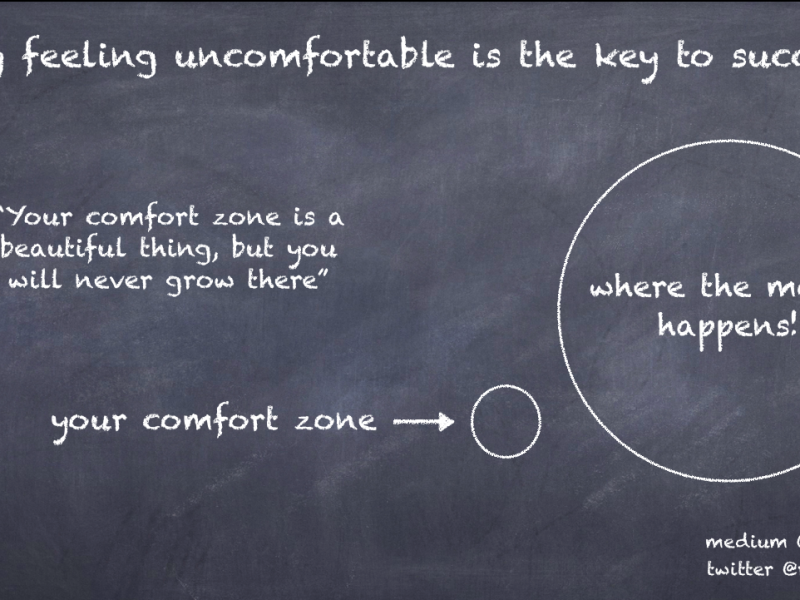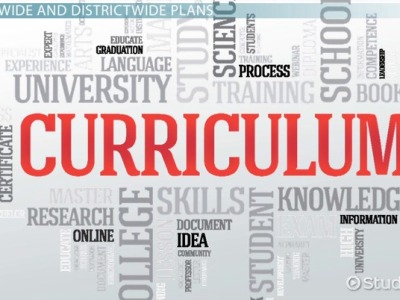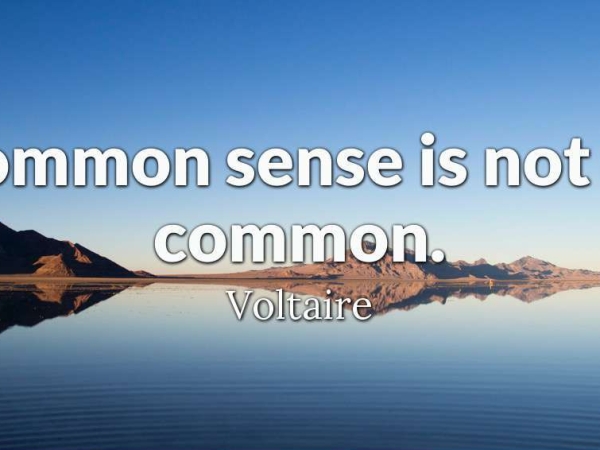Welcome!
ECS 410 Assignment 2: Reflection on Learning
“We believe that the assessment culture can be used to change instruction from a system that transfers knowledge into students’ heads to one that tried to develop students who are capable of learning how to learn.” (Dochy & McDowell, Pp. 292, 1997) First entering this semester, there was a general sense of assessment that had…
ECS 410 Assignment 2: Standardized Testing and Assessment as a Western Construct
“Aboriginal pedagogy and epistemology need to permeate the atmosphere of classrooms, while simultaneously welcoming all learners, regardless of cultural background. To do so, first, educators need to embrace the idea that education is the journey of life; it is, therefore, a unique experience for each student.” (Claypool & Preston, 2011, Pp. 7) It is apparent…
ECS 410 Assignment 2: Looking Forward and Learning from Peers
“Nothing in the world can take the place of persistence. Talent will not do it; nothing is more common in unsuccessful men than talent. Genius will not; unrewarded genius is almost a proverb. Education will not; the world is full of educated failures. Persistence and determination alone are omnipotent.” (Coolidge, 1929) A lot of questions…
ECS 410 Assignment 2: Differentiation in Education: Largely Misunderstood, Greatly Required
“In truth, grades run through human filters. They are subjective. They are messy.” (Tomlinson & Moon, 2013, P. 122) The term differentiation has been viewed in numerous ways by educators, and often through an isolated lens. This has greatly weakened differentiation, as it is an element that must be interdependent with other aspects of learning,…
ECS 410 Assignment 2: Struggling with Assessment as a Learner
Prompt from Class: In the past, in the teacher education classroom, and as pre-interns in the K-12 classroom. Part of this sense making involves transference. Britzman and Pitt (1996) explain: 8 ‘Transference’ [refers to] the idea that one’s past unresolved conflicts with others and within the self are projected onto the meanings of new interactions.…
ECS 410 Assignment 2: Principles that Underlie Assessment
“”Knowledge” can be defined as something very different from verifiable facts, the definition unconsciously held by nearly ever educator exposed to and using traditional practices.” (Hinchey, 2010, Pg. 40) Hinchey (2010) is concerned with the way in which there has been demands for an increase in knowledge in students once they complete their education, yet…
ECS 410 Assignment 2: Understanding and Utilizing Feedback, Peer & Self-Assessment
“Feedback is a term that we all use when we’re trying to get kids more involved in the learning process. Unfortunately, feedback is meaningless unless we teach students to be specific.” (Sackstein, 2017, Pg. 65) There has been an insurmountable amount of evidence showing that education that utilizes effective feedback, peer and self-assessment achieves a…
ECS 410 Assignment 2: Why can we no longer rely on Traditional Forms of Assessment?
“Increasingly, measurement specialists recommend so-called balanced or pluralistic assessment programs, where multiple assessment formats are used”. (Dochy & McDowell, 1997, Pg. 292) As noted in the quote above, pedagogical scholars have been researching this topic for quite some time now, and there has been overwhelming evidence that assessment is best utilized through a high variety…
ECS 410 Assignment 2: Why are we Assessing? What is it for?
“The current level of assessment illiteracy amongst teachers and administrators has reached staggering levels and has been likened to professional suicide” (Volante, Pg. 135) I had entered this semester with numerous questions that had been placed on hiatus over the winter break from the following semester regarding assessment. The courses that semester had introduced the…
ECS 410 Assignment 2 Posting 2020-01-08
What is assessment? What is its aim? What is the relationship between assessment, classroom environment and instructional practices? What is important to keep in mind when designing assessment for your classroom? Assessment is the way educators can confirm where a student is at in their learning, but there are numerous forms of assessments, which has…
Teaching Mathematics and Understanding Worldviews
Mathematics and Fragmented Worldviews “Their consciousness became a random puzzle, a jigsaw puzzle that each person has to attempt to understand.” (Bear, 2000, Pg. 84) This weeks readings in ECS 210 considered the issues of mathematics learning, which as I’m sure we all can attest to, has been noticeably hard on a large number of…
Understanding How and What we Read and all of its Implications
“Therefore, in addition to changing what students read, educators are also changing how students read… Students need to be asking very different kinds of questions about whatever it is they are reading.” (Kumashiro, 2010) After reading over Kevin Kumashiro’s chapter seven in Against Common Sense, as well as the short TED video from Chimamanda Adichie’s…
The Impact of Policy and Politics on Curriculum and Treaty Education
“The role of politics in policy is troubling and misunderstood by many educators, who feel that education is a matter of expertise and should be beyond politics… antipolitical view[s] of many educators is not helpful because it takes attention away from reality that politics is the primary process through which public policy decisions are made.”…
Fictional Response to a Preservice Teacher with Treaty Education Concerns
“Europeans see culture as a noun stuck in the past. Instead of viewing it in this way, we must see culture as a verb… Canadian Canadians perceive themselves as without culture… what sort of education do you receive to think you don’t have a culture?” (Donald, 2010) This week in our ECS 210 course, we…
The Reinhabitation and Decolonization of the Mushkegowuk Cree
“Connection to nature is important to children’s intellectual, emotional, social, physical and spiritual development.” (Restoule, et al., 2013) The Mushkegowuk community suffered from colonization and exploitation similarly to other First Nations communities in Canada. The impact greatly affected their traditional ways of knowing, and how studying over the last two generations there has been observable…
Kumashiro and Challenging Oppression through Discomfort
“Learning that the ways we have come to make sense of the world does not always work can be disorienting, which helps to explain the signs of frustration, confusion and anxiety among so many of our students” (Kumashiro, 2010) After reading chapter 2 of Kumashiro’s Against Common Sense, I’ve started to gather an understanding of…
Forming a Critical Summary based around Works on the Hidden Curriculum
“[T]he ‘hidden curriculum’ is not actually hidden, but merely constituted by all those things that are so taken for granted that they are rarely given any attention.” (Semper & Blasco, 2018) After deciding upon learning more about the Hidden Curriculum, I went searching for a scholarly resource to being learning more about the subject. I…
The Four Models of Curriculum
Curriculum “is a way of translating any educational idea into a hypothesis testable in practice. It invites critical testing rather than acceptance” (Stenhouse, 1975) The second reading response in our class focuses on the work of Mark Smith (1996, 2000) What is curriculum? Exploring theory and practice. Within the work, Smith explains that there are…
My First Blog Post for ECS 210
“Common sense limits what is considered to be consistent with the purposes of schooling.” Kevin Kumashiro – The Problem of Common Sense Common Sense is a significant danger when it comes to the purpose of schooling. Within Kevin Kumashiro’s introduction to his work called Against Common Sense: Teaching and Learning Toward Social Justice, he brings…
Introducing Myself
Hello everyone, my name is Cale and I’m currently enrolled at the University of Regina Bachelor of Education After Degree Program, first year, in Secondary Education Social Studies major and Health minor. My first degree was a Bachelor of Arts in Sociology and Political Science, with a minor in Philosophy. I eventually came to realize…
Follow My Blog
Get new content delivered directly to your inbox.
